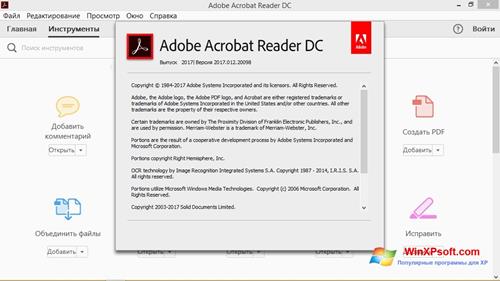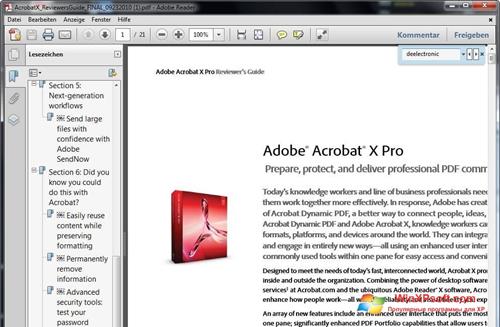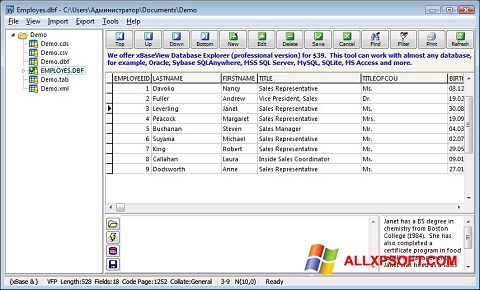

In thisĬase Acrobat falls back to translating the glyph names into their ASCIIĮquivalents (when possible). So there is no Unicode information, and the encoding is non standard. In addition the glyph names in the encoding are not what one wouldĮxpect, I would expect to see /F, /i /r, /s, /t and so on. The font in question is a TrueType font embedded as a subset without a ToUnicodeĬMap, and using a custom encoding. bugs.ghostscrip t.com/show_ bug.cgi? id=690440

According to Ken Sharp's reply to my bug, it seems to be a non-standard encoding problem with the font, see below: - const ) (exports ) // eslint-disable-next-line spaced-comment //# sourceURL=ConvertTest.I thought this might be a bug in Ghostscript, which generated the above PDF ( launchpadlibrar ian.net/ 25800877/ test3.pdf ) so I filed the problem as a bug with Ghostscript. // Please contact us if you have any questions. You can download the XPS Essentials Pack from: // // Windows XP Sp2 will also need the Microsoft Core XML Services (MSXML) 6.0: // // // Note: Convert.FromEmf and Convert.ToEmf will only work on Windows and require GDI+. For Windows XP SP2 or higher, or Vista SP0 you need to install the XPS Essentials Pack (or // equivalent redistributables). // Note: the PDFNet printer is a virtual XPS printer supported on Vista SP1 and Windows 7. The manifest for this sample // specifies appropriate the UAC elevation. The installing application must be run as administrator. To check // if ToPDF (or ToXPS) require that PDFNet printer is installed use Convert::RequiresPrinter(filename). Other formats are converted using a virtual driver. // Certain file formats such as XPS, EMF, PDF, and raster image formats can be directly // converted to PDF or XPS. - //- // The following sample illustrates how to use the PDF::Convert utility class to convert // documents and files to PDF, XPS, SVG, or EMF. Consult legal.txt regarding legal and license information.

- // Copyright (c) 2001-2023 by PDFTron Systems Inc.


 0 kommentar(er)
0 kommentar(er)
